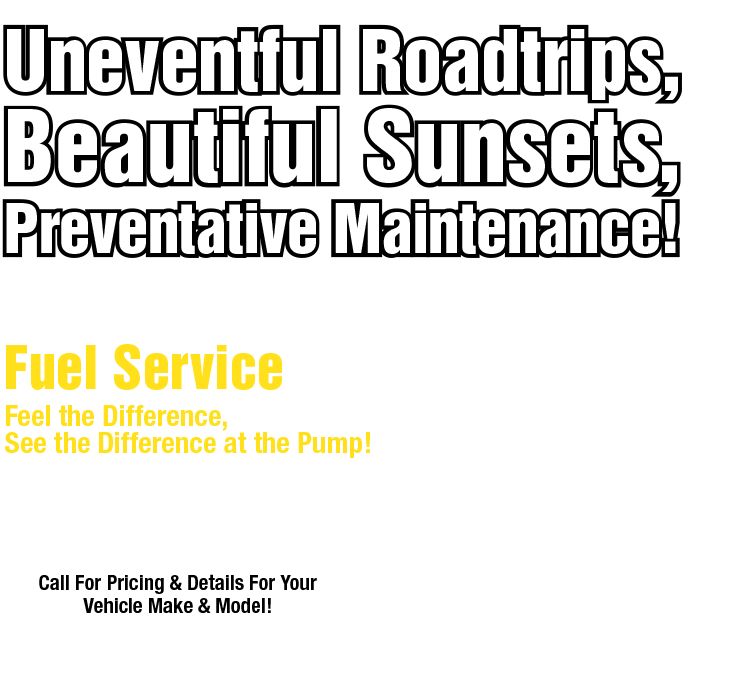Slipping into Fall (Driving with ABS Brakes)
May 5, 2024
As the weather changes over from hot to colder, drivers will have to deal with more slippery streets. And it's important to know how to drive with the brakes you have on your vehicle.
In the 1970s, anti-lock braking systems (ABS) started to be installed on vehicles and they've been a game changer for drivers. Most modern vehicles have ABS and it's important to know how to drive with them.
In older vehicles without ABS, the driver applies the brakes by pushing down the pedal. That, in turn, sends braking pressure to all four wheels at once. But all four tires don't have the same traction because the road surface they're each on isn't exactly the same.
ABS allows sensors to determine when particular wheels are slowing down more quickly. The ABS then reduces braking pressure to the wheels that are about to lock up. That way the wheel turns and the tires keep some grip. (You have to have grip to stop.) It's kind of what drivers try to achieve when they pump the older-style brakes without ABS.
Another engineered feature of ABS is that it makes sure your front wheels will continue to rotate and maintain some traction. That's important because the front wheels are used to steer, and being able to steer gives a driver more control in a quickly-changing situation. So ABS is all about stopping as fast as the road surface will allow but at the same time enabling the driver to maintain control.
ABS is designed for the driver to put steady pressure on the brake pedal and let the vehicle’s computerized system handle the braking. Pumping the pedal in a vehicle with ABS can defeat what the system is trying to do to help you maintain control.
Because stopping techniques in a vehicle with ABS are different than those without, it’s important to know which brakes you have so you can operate them accordingly.
If you have any doubt, consult your service advisor. ABS involves sophisticated technology and must be maintained in order for it to work properly. Your service advisor can recommend a maintenance schedule for you to follow so your ABS is always on the ready to help you stop when you need to.
Tire Warehouse Depot
250 N. Lapeer Rd.
Lake Orion, Michigan 48362
248-929-0699
Need Service?
More articles from Tire Warehouse Depot

Mileage Headed Downhill? (What Causes Bad Fuel Economy?)
January 18, 2026
Name someone you know who enjoys spending a lot of money on gasoline. Yeah, me neither. Thats because it costs quite a bit to keep fueling your vehicle. One way to save money on gas is to get good fuel economy, and most of todays vehicles are designed to maximize your mileage. But you might f... More

You Are the Fluid Detective! (Leaking Fluids)
January 11, 2026
When you see some liquid sitting underneath your vehicle, your mind starts churning. Is that normal? Is that something serious, or did I just spill my drink? Heres a quick list of what those fluids look, smell and feel like, as well as what they might be. No, we dont recommend you taste them to ... More

(Ball Joint Replacement)
January 4, 2026
Every day that goes by, our bodies get a little more wear and tear on them. Our vehicles have the same issue. The older we get and the farther we travel, certain parts start showing some wear. Think of your hips. There are parts of our vehicles that are similar to them; just like hips allow y... More










